On November 12th-13th, 2021, the University of Illinois held the Festival of Writers at the Krannert Center for the Performing Arts in Urbana, Illinois. On November 13th, I attended the Festival to see a poetry reading by the Pulitzer Prize winning poet, Jericho Brown.
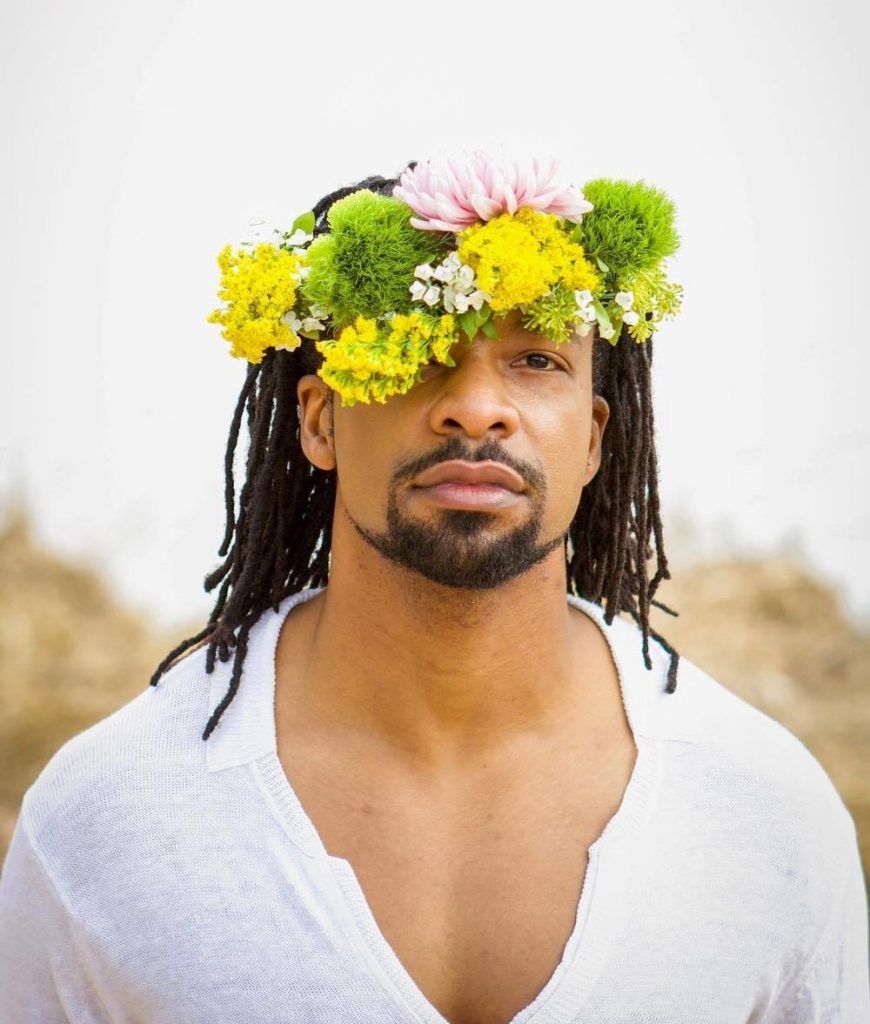
Born in Shreveport, Louisiana, Jericho Brown is a queer Black poet whose work connects religion, mythology, sexuality, the Black experience, music, and more. Brown has published three books of poetry, Place (2008), The New Testament (2014), and The Tradition (2019). In addition to being a writer, Brown is a professor and the director of the Creative Writing Program at Emory University in Atlanta, Georgia.
At the Festival of Writers in Urbana, Brown read selections from each of his three books of poetry. Brown noted that through his experience growing up in the church, he came to understand that poems should be heard and not just read. After hearing Brown read his poems, I completely agree with him. For over an hour, I sat entranced by the musicality of Brown’s reading. Although listening to Brown’s poems was a musical experience in itself, selections from his first book of poetry, Please, also stemmed directly from two songs: “Summertime” (1968) by Janis Joplin and “Lush Life” (1963) by Billy Strayhorn.
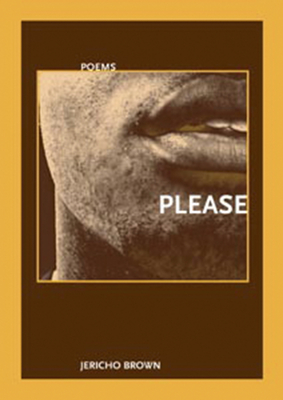
In Please, Jericho draws on a number of musicians who lived complex, tragic lives. Joplin and Strayhorn are no exception.
Joplin grew up in Port Arthur, Texas, a city gripped by racism and dominated by the oil industry. An outcast, Joplin grappled with abuse at the hands of her peers and addiction. At the age of 27, Joplin died of a heroin overdose. “Summertime” remains one of Joplin’s most famous songs from the 1968 album Cheap Thrills with Big Brother & The Holding Company (an album which notedly portrays a racist caricature of a Black woman on its cover).
Track 5: Summertime by Jericho Brown
as performed by Janis Joplin
God’s got his eye on me, but I ain’t a sparrow. I’m more like a lawn mower . . .no, a chainsaw, Anything that might mangle each manicured lawn In Port Arthur, a place I wouldn’t return to If the mayor offered me every ounce of oil My daddy cans at the refinery. My voice, I mean, Ain’t sweet. Nothing nice about it. It won’t fly Even with Jesus watching. I don’t believe in Jesus. The Baxter boys climbed a tree just to throw Persimmons at me. The good and perfect gifts From above hit like lightning, leave bruises. So I lied—I believe, but I don’t think God Likes me. The girls in the locker room slapped Dirty pads across my face. They called me Bitch, but I never bit back. I ain’t a dog. Chainsaw, I say. My voice hacks at you. I bet I tear my throat. I try so hard to sound jagged. I get high and say one thing so many times Like Willie Baker who worked across the street— I saw some kids whip him with a belt while he Repeated, Please. School out, summertime And the living lashed, Mama said I should be Thankful, that the town’s worse to coloreds Than they are to me, that I’d grow out of my acne. God must love Willie Baker—all that leather and still A please that sounds like music. See. I wouldn’t know a sparrow from a mockingbird. The band plays. I just belt out, Please. This tune Ain’t half the blues. I should be thankful. I get high and moan like a lawn mower So nobody notices I’m such an ugly girl. I’m such an ugly girl. I try to sing like a man Boys call, boy. I turn my face to God. I pray. I wish I could pour oil on everything green in Port Arthur.
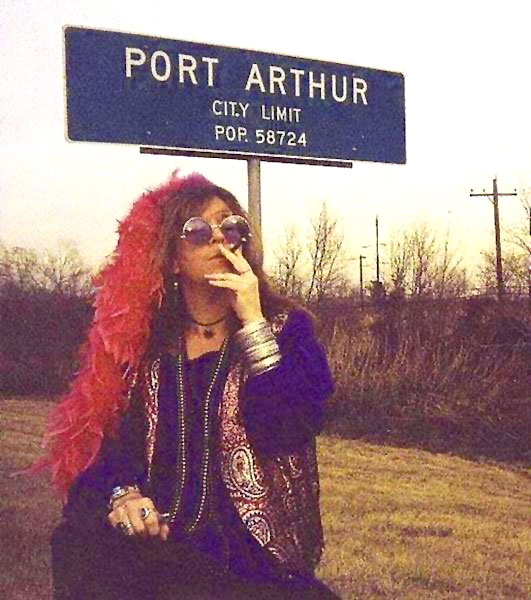
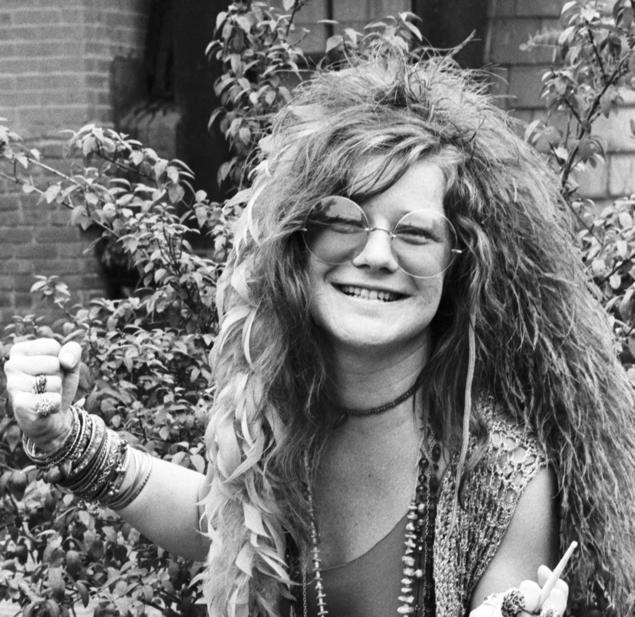
Strayhorn was an openly gay Black man who worked closely with (and largely in the shadow of) jazz giant Duke Ellington. Although Strayhorn composed many of Ellington’s songs, he was often not credited. Strayhorn was also close with Martin Luther King Jr. and participated in the Civil Rights Movement. In 1967, Strayhorn died of esophageal cancer. “Lush Life” lives on as one of the most foundational jazz compositions of all time. Musical artists such as Nat King Cole, Ella Fitzgerald, John Coltrane, Natalie Cole, Queen Latifa, and Lady Gaga have all covered the song.
Track 1: Lush Life by Jericho Brown
as performed by Billy Strayhorn
The woman with the microphone sings to hurt you, To see you shake your head. The mic may as well Be a leather belt. You drive to the center of town To be whipped by a woman's voice. You can't tell The difference between a leather belt and a lover's Tongue. A lover's tongue might call you bitch, A term of endearment where you come from, a kind Of compliment preceded by the word sing In certain nightclubs. A lush little tongue You have: you can yell, Sing bitch, and, I love you, With a shot of Patrón at the end of each phrase From the same barstool every Saturday night, but you can't Remember your father's leather belt without shaking Your head. That's what satisfies her, the woman With the microphone. She does not mean to entertain You, and neither do I. Speak to me in a lover's tongue— Call me your bitch, and I'll sing the whole night long.
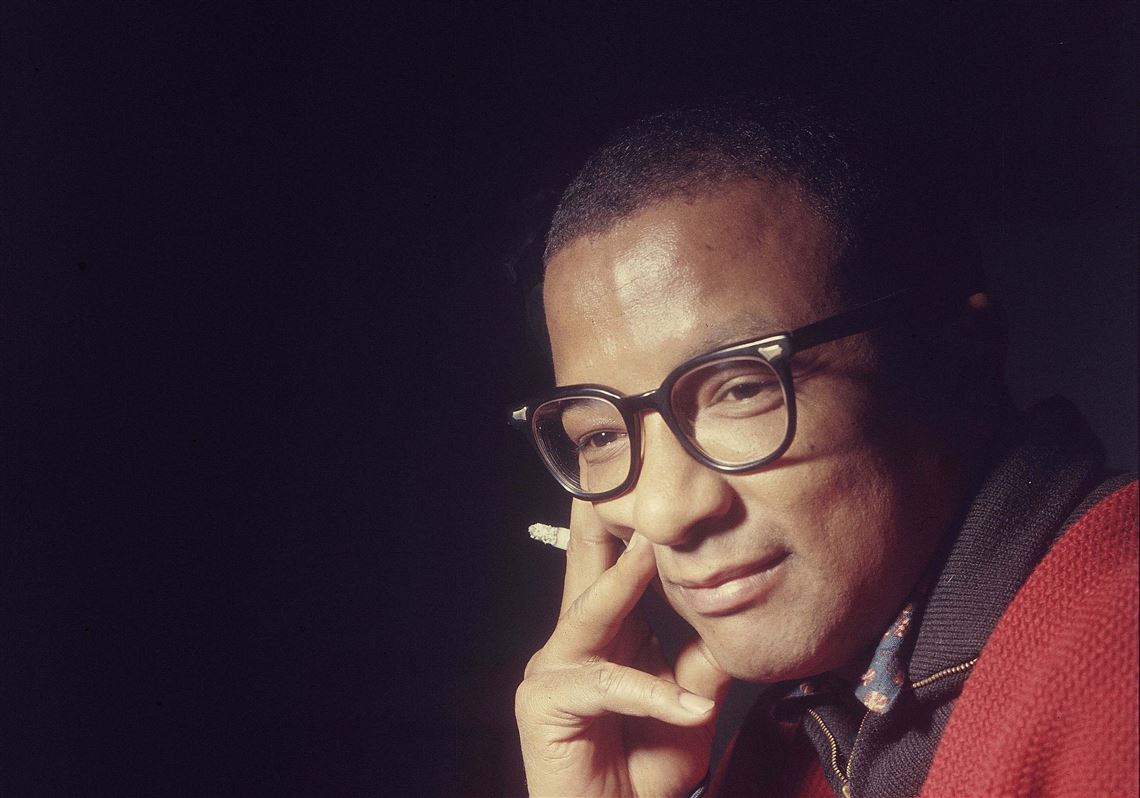
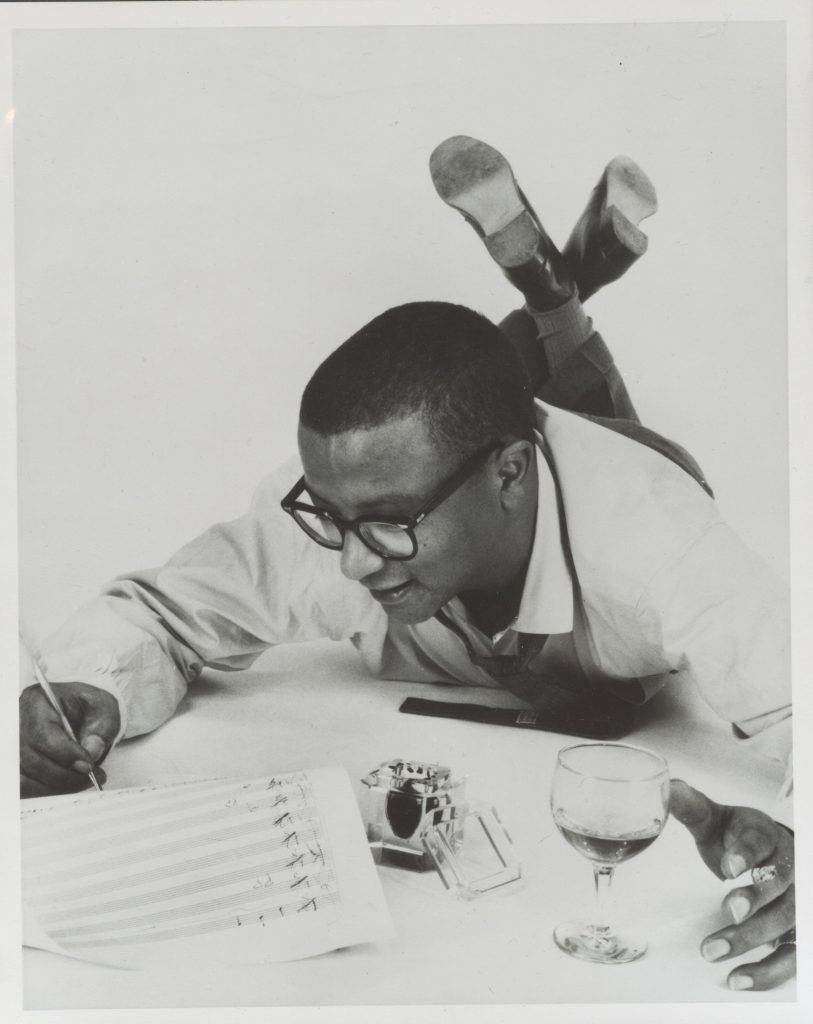
To read more of Jericho Brown’s incredible work, you can find Please, The New Testament, and The Tradition at your local bookstore.
Listen to all songs featured in “The Music Makes It” in the playlist below.




